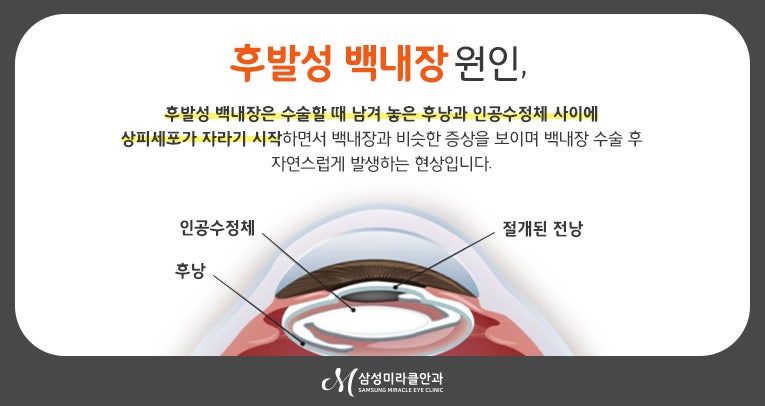Thyroid cancer, called thyroid malignancy, is one of the most frequent cancers in Korea, and was diagnosed as overwhelmingly superior to men, especially among women. Despite this phenomenon, the growth rate was relatively slow and prognosis was relatively advantageous compared to other cancerous tumors, accounting for an undeniable proportion among male patients. As a result, it was a disease that could be overcome sufficiently by taking an active treatment approach.various aspects of thyroid cancerTypes of thyroid cancer were broadly divided into four categories depending on its appearance and maturity of cancer cells: thyroid papilla cancer, thyroid follicle cancer, thyroid medullary cancer, and thyroid reverse formation cancer. Among them, thyroid papilla cancer is a common type in Korea, accounting for almost 97% of all thyroid cancer patients, especially in countries that consume a lot of iodine. In general, this type of cancer showed a good response to treatment and was relatively slow to grow.Thyroid follicle cancer is the second most common thyroid cancer and was found mainly in middle-aged people in their 40s and 50s. The cancer tends to invade thyroid blood vessels, and its prognosis was less positive than papilla cancer because it spread through the bloodstream to other organs such as lungs, bones, and brains. On the other hand, water and reverse-forming cancers were very rare in Korea with a incidence of less than 1%, and water cancer was a cancer that started with thyroid water quality tissue.There was also cancer that started with C cells that produced Calcitonin, a hormone that regulates calcium concentration. In the case of reverse-plastic cancer, thyroid papillary cancer and follicular cancer occur as differentiation of cancer cells reversed over time, and the prognosis was often bad because the age of onset was usually over 60s, slower than papillary cancer or follicular cancer.The first step for thyroid cancer diagnosis was thyroid ultrasound. Through this test, the shape and size of nodules formed in the thyroid gland were evaluated, and more detailed verification was conducted with thyroid tissue tests if the ultrasound results suspected maliciousness.The advantage of thyroid tissue test was that it uses a thin needle to extract cells, which is relatively less painful and does not require anesthesia. When thyroid cancer was confirmed through this high-precision test, thyroid cancer hospital treated it through Thyroidectomy.major healing strategies for thyroid cancer lesionsThyroid cancer removal is a major healing approach, and the area to be removed has been determined considering the type of thyroid cancer, tumor size, cell growth rate, location, and patient age. After surgery, additional treatments such as radioactive iodine therapy, thyroid hormone therapy, targeted therapy, and anti-cancer chemotherapy were performed to prevent the recurrence and spread of cancer without time to recover.Strong anti-cancer chemotherapy for cancer patients with a rapidly weakened immune system and physical strength after surgery can cause various aftereffects and damage not only cancer cells but also healthy cells, so it was desirable to perform immunotherapy in parallel to improve the overall health of patients.ENHANCER EFFECT BY IMMUNOTHERAPYImmunotherapy conducted at nursing hospitals was a combination of traditional Chinese medicine and modern medicine, providing patients with customized treatment methods. This was considered a natural cure because it helped alleviate the aftereffects that could be caused by anticancer treatment and strengthen normal cells. Oriental medicine treatment at nursing hospitals helped regulate the condition of cancer patients, increase their physical strength, and reduce pain. Chinese herbal treatments such as immunotherapy needles, regenerative medicine needles, painkillers needles, forest pills, and deer antler’s blood bath also contributed to the improvement of immunity.Medical anti-cancer immunotherapy at nursing hospitals activated NK cells, T cells, and dendritic cells, which naturally possessed immune cells, to make the body healthier, and this helped strengthen the ability of immune cells to normalize cell abnormalities. It was also able to contribute to alleviating various aftereffects of the treatment process.As a medical treatment plan, the antimulated agent, the antioxidantate, and the patient’s treatment (antioxidant) is also useful therapy (method of treatment (mus) and the.If you suffer from uncertainty and after the treatment, please know that the treatment of medical hospital.Previous image Next imagePrevious image Next image



